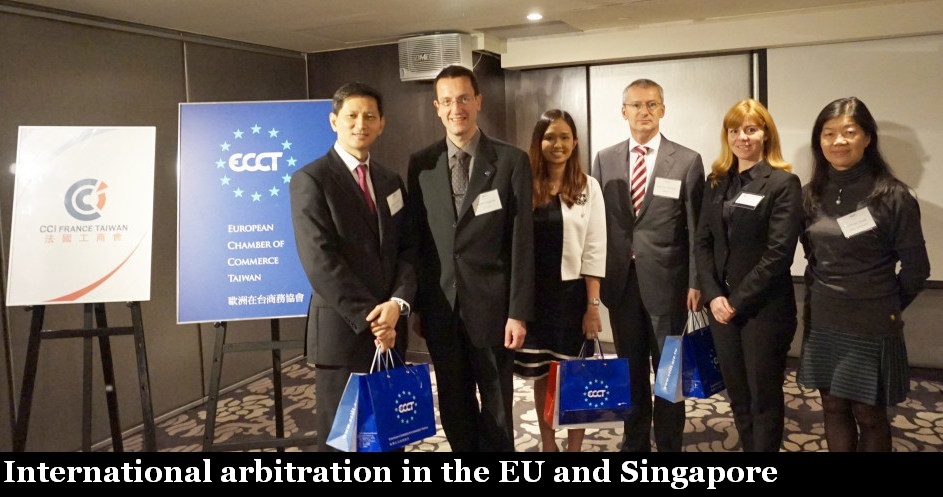International arbitration in the EU and Singapore

Dr Günter Pickrahn, a seasoned European arbitration practitioner, spoke about arbitration in Europe. He noted at the outset that while laws within the European Union have been harmonized, there are still many differences which could have an impact on arbitration. These include cultural and language differences and the still existing divide between civil law and common law countries. Common law countries (such as the UK) tend to be passive and open to allowing parties to make their own cases while civil law countries (such as Germany) tend to be more likely to propose settlements. These differences can have an impact on the costs of arbitration and the outcome.
What is common among contracting parties from different countries is the desire to avoid the courts of their counterparts. Thus, they tend to choose third countries as the location for arbitration. There are a number of international arbitration authorities to choose from in Europe, all with their own specific advantages, procedures and cost structures. The International Chamber of Commerce's (ICC) International Court of Arbitration is a popular choice as is Switzerland (often chosen for neutrality reasons) while Sweden is often chosen for cases involving Russian parties.Since it is not known at the time of entering a contract what type of dispute may arise, it is wise not to limit the choice of arbitrators. Choices will be limited by choosing a minority language while selecting English (the most common international language of business) gives the widest possible choice of arbitrators. While it is common for parties to ask for the most experienced arbitrators, this is not always the best option. The most experienced arbitrators who are most in demand may not devote sufficient time to studying the details of each specific case. Since it is essential that arbitrators are familiar with the details of the case, it may sometimes be better to choose less experienced arbitrators who have the time and willingness to study the details of the case.
The standard arbitration process has two rounds of briefs from each party, an evidence hearing, post hearing, witness examination by council and cross-examination by the opposing party's council. Pickrahn concluded that arbitration is still the preferred dispute resolution method for complex cases such as procurement and construction cases.
Chan Leng-Sun gave an introduction to Singapore's International Commercial Court (SICC). The court, which was launched on 5 January 2015, borrows good practices and ideas from arbitration while being grounded in the reassuring, stable platform of a conventional court that is part of Singapore's court system. It has 11 international judges, from both common law and civil law countries. The fact that it is part of Singapore's court system has the advantage the judgements are binding and can be enforced. The court also allows foreign lawyers to appear in cases, which allows parties to select their preferred lawyers. Another advantage of the SICC is that cases can be appealed.
Tan Weiyi was the final speaker. She gave details of an actual case study involving authorities in Laos, Macau and China.
